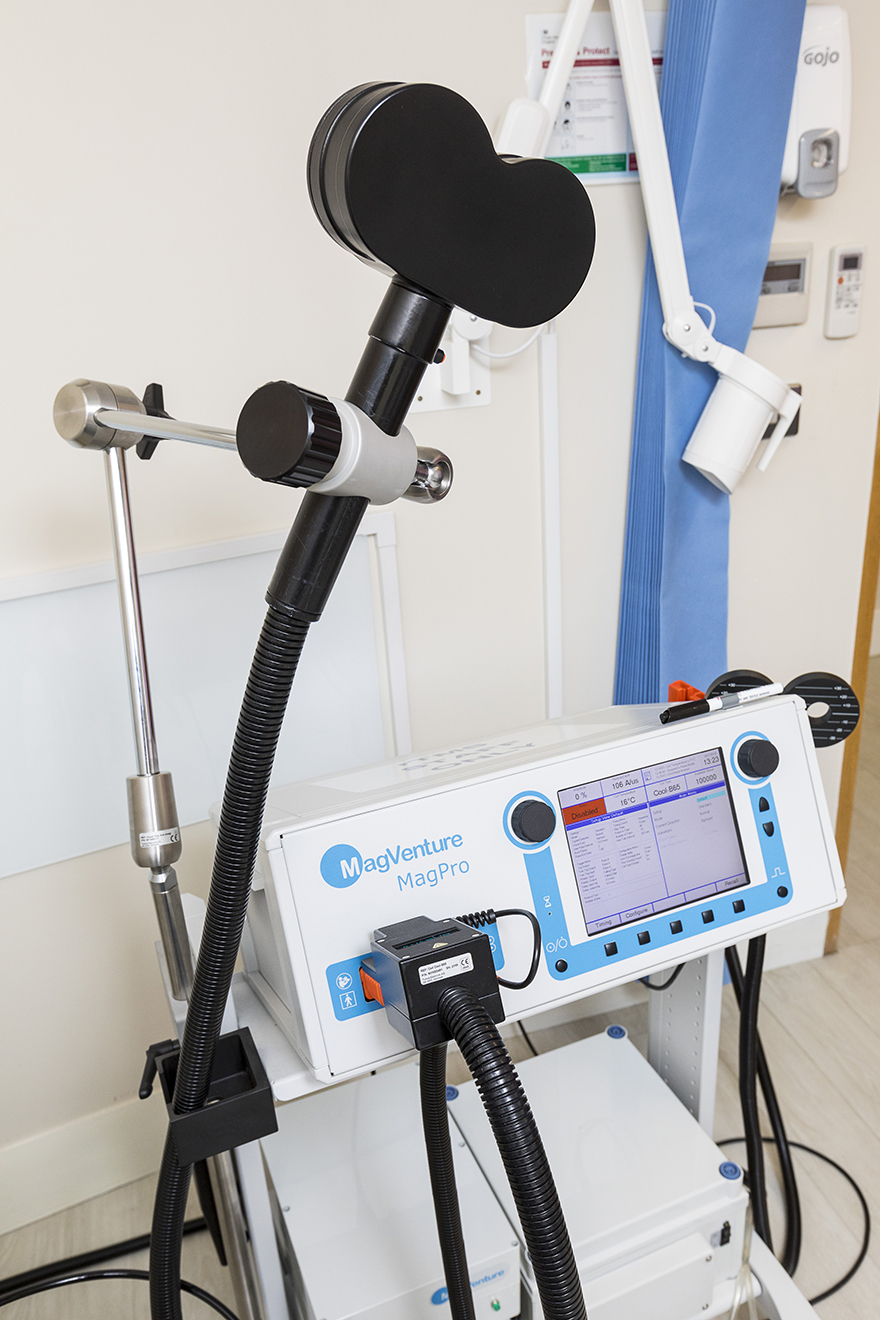How To Avoid The January Blues

Courtesy of Smart TMS
Dreading the dreary days of January? You’re not alone. Up to 20% of us will experience some form of depression or lethargy during the dark winter months.
The term “January blues” has become a popular way to refer to feelings of unease or depression experienced in the first few weeks of the New Year.
Let’s face it, January can be tough. After a few weeks of relative hedonism, some rest time from work and a hectic calendar of festive parties and celebrations, the austerity of January can bring us back to earth with a bump. Suddenly, it’s much less about party nights and much more about watching the pennies, cutting back and working hard. To top it all off, the over-indulgence of December has more than likely left you feeling a little rough around the edges and out of shape.
But there’s no need to grin and bear it. Looking after your mental health in January is just as important as regaining your physical health. So where do you start?
Don’t Be Too Hard On Yourself
Yes, it’s January and you may want to watch the pennies, shed a few pounds after the Christmas excess and start setting some goals for the year ahead, but that doesn’t mean you need to cut out all joy from your life! Make time for fun and relaxation. It doesn’t need to cost a fortune and it doesn’t need to involve breaking any resolutions either. Why not form some new, fun, healthy habits? You could organise a smoothie making morning with some friends, or invite colleagues to take turns making dinner for each other in a healthy eating version of Come Dine With Me. January’s short days can be hard enough as it is, so there’s no need to add extra suffering by enforcing endless nights in and bland rabbit food for dinner.
Give Yourself A Break
Here’s a radical idea – why not think about taking some time off? Holidays to the sun are often discounted in January and February and provide welcome relief from the dreary grey evenings in the UK – plus, you’ll have a bit more time to put your new healthy lifestyle into effect and soak up some much needed Vitamin D.
Exercise
Many of us make New Year’s Resolutions that involve new exercise regimes and fitness programmes. Sadly, less than 8% of us will actually stick to them. Most of us make the mistake of being too ambitious with our fitness regimes and picking exercises that we don’t really enjoy. The truth is that a good exercise pattern can become something we look forward to, elevating your mood and helping you feel healthier at the same time. The key to success is setting realistic goals and looking for exercise that is enjoyable and fits into your daily routine. Try a new yoga class, walk home from work or suggest creating social sports team with some friends or colleagues. If you can find a way to take your exercise routine outdoors, you’ll also get the added benefits of an increase in Vitamin D and serotonin levels too.
Gratitude Diary
It might feel like a left-field idea, but making time each day to think about the great things you already have in your life is scientifically proven to make you feel happier. Many of us struggle with thoughts of lack or inadequacy, but what we often fail to focus on is what we already have – and for most of us, that’s likely to be quite a lot. Set aside 5-10 minutes a day to make a list, mentally or in writing, of all the things you feel grateful for in your life, from the most basic, such as the roof over your head to the bigger things, like your loved ones and treasured friends.
Seek Help
If you’re experiencing symptoms of depression or lethargy, you may want to reach out to a professional to ask for help. You don’t need to suffer alone. Several treatment options are available to you. Traditional talking therapies can be a huge help, as can certain antidepressants in more severe cases. If you are suffering from SAD, seasonal affective disorder, you may find specially designed light boxes which mimic natural sunlight help alleviate symptoms. If those don’t work, there is now a new treatment available – Transcranial Magnetic Stimulation (TMS) – for depression and SAD.
TMS provides an alternative treatment that does not involve the use of medication or an anaesthetic and has minimal side effects. It has been approved by NICE for the treatment of depression. The treatment uses a coil to create pulses of magnetic energy that can stimulate areas of the brain that are known to be underactive in patients with depression. Research studies have also found TMS treatment to be effective in reducing symptoms of fibromyalgia, OCD, PTSD, drug addiction, chronic neuropathic pain and depersonalisation disorder.
Remember, depression and SAD are recognised mental health conditions that can have a significant impact on your mood and energy levels. If you are experiencing persistent low mood, loss of interest in day-to-day activities, feelings of despair, guilt or worthlessness, don’t struggle alone. Reach out to your healthcare provider to talk about your treatment options.








